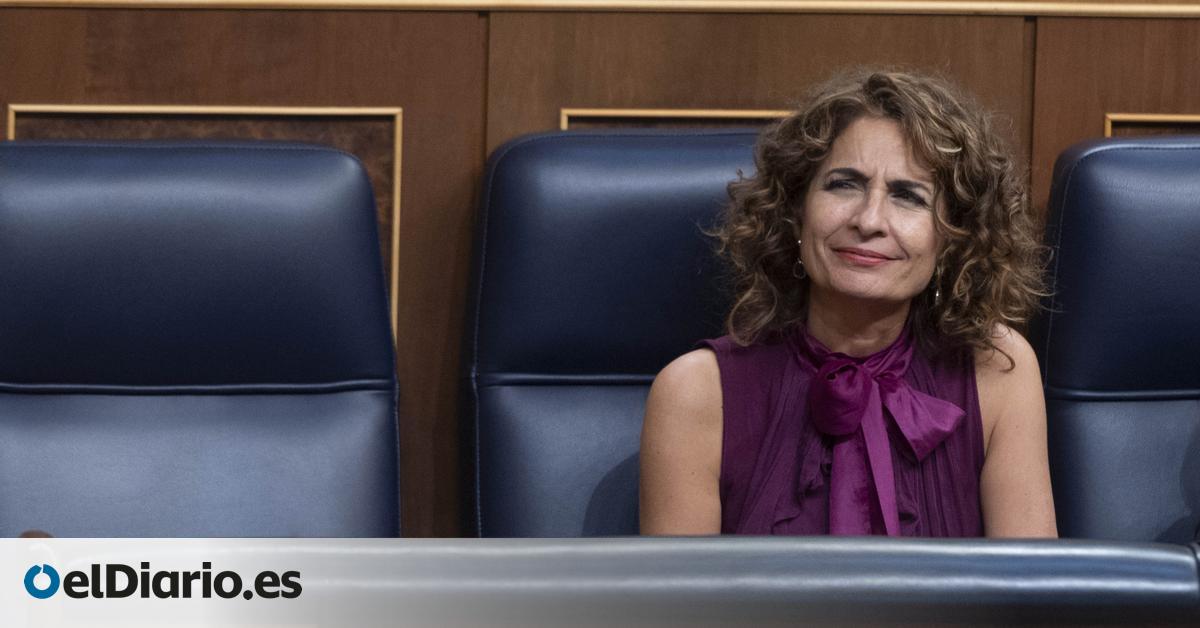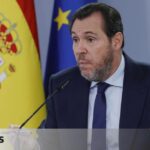
The Congress of Deputies is, today, hostile territory for the Government. To the already frequent skirmishes of the right-wing Catalan independence movement with PP and Vox to form an opposition parliamentary majority, this week has been added the disengagement of another investiture partner such as the PNV, aligned with the populars in the debate on Venezuela. And also the first warnings of José Luis Ábalos, detached from the voting sense of the Socialist Group, as he himself warned he would do after the internal investigation of the scandal of the ‘Koldo case’ that was promoted by the Ministry of Transport.
But, of all those obstacles in the way, the only thing that really keeps Moncloa from sleeping is the same old thing: the seven votes for Junts. And the dialogue between the socialists and Carles Puigdemont, which has not been interrupted at any time throughout these months, leads to the conclusion that, in the best of cases, it will still take some time to see his party land again on the path of collaboration with the Government.
The heavy digestion of Salvador Illa’s investiture, the latest moves by the Supreme Court to keep the former president excluded from the amnesty law and the internal process that Junts is facing in view of its extraordinary congress in October bury any glimmer of light in the political negotiation with the Executive. And that is why the president’s team assumes that the path of stability approved this Tuesday for the second time in the Council of Ministers will be overturned again when it is voted on in Congress in a couple of weeks.
“If you want different results, do different things,” Junts spokesperson Míriam Nogueras told the Minister of Finance during the control session on Wednesday, referring to the upcoming vote on a path to stability that they themselves, along with the PP and Vox, rejected at the end of July. “Here we are going to vote on how to distribute the 40 billion euros that Europe has told you that you can spend more. You have decided that you keep 90% and what is left for Catalonia does not even reach a hundred million. Do you think that we are fighting for independence to settle for so little?” Nogueras attacked María Jesús Montero.
The dispute between the blue bench of the Government and one of the partners of the investiture was not without tension on both sides. In her reply, the first vice president directly appealed to Junts to reconsider its position regarding the path of stability, the procedure prior to the General State Budgets. “This Government is avoiding a cut of 4.8 billion euros in autonomous communities and municipalities and you voted against that path. I hope you reconsider it because it is good for Catalonia and for all Spaniards,” she demanded.
The Executive admits privately that there is very little hope for Junts’ ability to reconsider anything at the moment. Although they are issuing a warning to the opposition to postpone the celebration of the day when, foreseeably, the stability objectives will definitively fall. “The PP can forget about us giving up on the Budgets. We are going to present them even if it is in the same way as last year and we are going to work to get them through,” they point out from María Jesús Montero’s department, where they explain that the draft of these accounts that they will take to Parliament even without support is now being debated within the Government among the coalition partners.
Although the scenario of a new budget extension is an option that the President of the Government is considering, who already warned during the Federal Committee of the PSOE that even in that case he would continue with the legislature, the Executive is opening the door to the possibility that after the “hot autumn” of independence, the conditions will be met again to sit down and negotiate the budget.
In Ferraz’s contacts with Waterloo, it is put on the table, in fact, that among the commitments that were asked of Junts in exchange for the amnesty law was the approval, at least, of a General State Budget that would allow Pedro Sánchez’s mandate to be articulated. Something that was not put on paper but that is now the focus of the conversations between the PSOE and the independentists with the aim of passing some budgets even if it is late. A budget extension on January 1 and the approval of new Budgets already in 2025 is, in fact, the most optimistic horizon contemplated within the Executive.
Because the Government hopes that the passing of the months will facilitate a new easing of tensions with the Catalan independence movement, which is facing internal processes that will determine its direction, strategy and leadership after the historic setback that was the Catalan elections, the first in forty years that did not produce a pro-independence or nationalist majority in the Parliament. The viability of the legislature will really depend on whether or not this expectation materialises.
The message from Moncloa is clear: the Government will continue with or without a Budget and with or without a parliamentary majority to support the legislative production. But beyond the words, the president’s team is clear that the promotion of at least some public accounts is essential to keep the legislature going.
Source: www.eldiario.es

